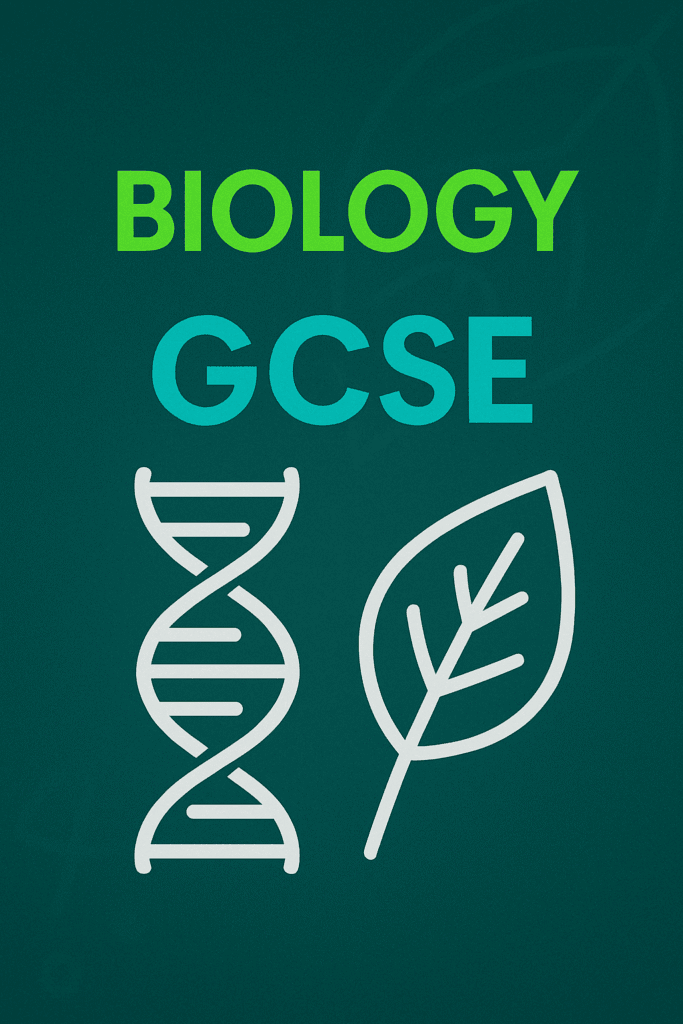Reading Time: < 1 minute
Table of Contents
ToggleHuman Health and Disease
Introduction
Human health depends on the body’s ability to fight diseases caused by pathogens and maintain systems free from long-term illnesses. Understanding these processes is a critical part of GCSE Biology.
This article will cover:
- Types of pathogens and how they cause disease.
- The immune system and vaccines.
- Non-communicable diseases and their impact.
Types of Pathogens
Bacteria
- Cause diseases like tuberculosis (TB) and salmonella.
- Multiply rapidly and release toxins.
Viruses
- Cause diseases like influenza and HIV/AIDS.
- Invade cells and replicate inside them, often damaging or killing the host cell.
Fungi and Protists
- Fungi: Cause athlete’s foot and ringworm.
- Protists: Single-celled organisms, such as those causing malaria.
The Immune System and Vaccines
Immune Response
- White Blood Cells:
- Phagocytes engulf pathogens.
- Lymphocytes produce antibodies.
- Antibodies: Target specific pathogens for destruction.
Vaccines
- Contain weakened or dead pathogens to stimulate antibody production.
- Provide immunity without causing illness.
Non-Communicable Diseases
Cancer:
- Uncontrolled cell growth forming tumours.
- Risk factors: smoking, radiation, and genetic predisposition.
Heart Disease:
- Caused by poor lifestyle choices or genetic factors.
- Prevention: Regular exercise, balanced diet, and avoiding smoking.
Conclusion
Understanding pathogens, immunity, and diseases is vital for GCSE Biology. Study how vaccines protect populations and explore the causes of long-term health conditions to prepare for exams.
📅 Book Your Free GCSE Consultation Today!


